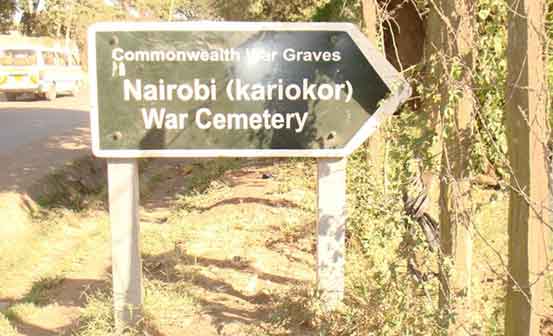
NAIROBI: We prefer not to talk about death, preferring to romanticise it. It used to be called kicking the bucket, then going west, promotion to glory and nowadays, we prefer to celebrate life.
We are not the first generation to fear death, neither are we the last. In our traditions, which have a life of their own, death was feared and special ceremonies conducted to appease the spirits. The proliferation of funeral homes seems to indicate we no longer fear death as much as we used. It has become a reliable source of income for many a Kenyan.